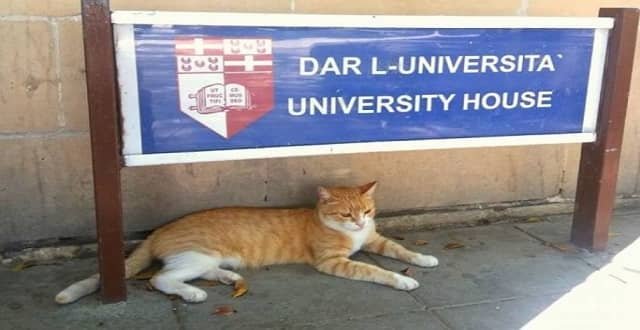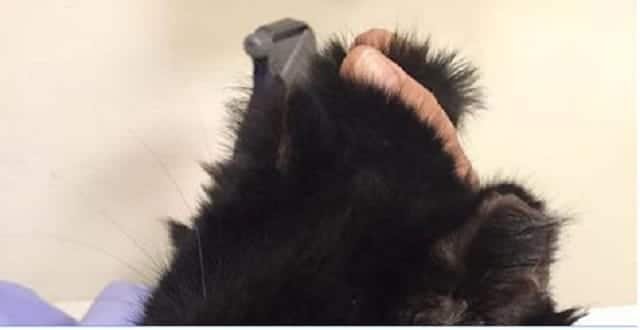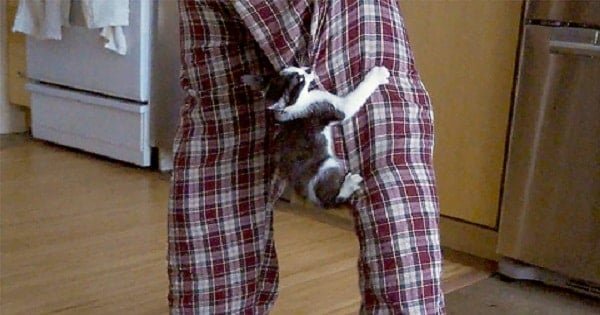CHARLESTON, WEST VIRGINIA. — While many dogs and cats have successfully been reunited with their owners in the weeks since the June flood, there are still dozens who are not able go home again. In many cases, their owners have relocated and can no longer care for them.
Among the dogs, Cesar Millan, who is dog behaviorist and host of Nat Geo Wild’s “Cesar 911,” explained that any effects of the flood will diminish with help from new owners who have the right calm, assertive mindset.
“The biggest trauma a dog has is when he finds himself by himself and there’s nobody to get feedback from,” Millan stated. “They like to be in a social environment.”
He talked with MetroNews on Thursday while promoting Friday’s episode of “Cesar 911” featuring Jillian Michaels, known from NBC’s “The Biggest Loser,” on Nat Geo Wild. The show will air at 9 p.m.
“The traumatic experience is not that he has a problem going through harsh times in life, it’s when he doesn’t have anybody to rely on,” Millan explained of a dog’s response to disasters.
Currently, there are more than 30 dogs and 40 cats in total, those forced into shelters by the flood and awaiting adoption through the Greenbrier County Humane Society and the Kanawha-Charleston Humane Association.
The Greenbrier County animals are available right now, while those in Kanawha County will become available Saturday, according to FEMA.
Here is the contact information for those shelter sites:
Greenbrier County Humane Society
151 Holliday Lane
Lewisburg, WV 24901
Phone: 304-645-4775
Kanawha-Charleston Humane Association
1248 Greenbrier St.
Charleston, WV 25311
Phone: 304-342-1576
After the June 23 storms in West Virginia, some existing shelter populations in the flooded counties had to be moved to other locations to make room for survivor animals.
In one case, the Humane Society of the United States oversaw the transfer of a total of 62 animals from the Nicholas County Animal Shelter to two shelters in upstate New York.
The West Virginia Department of Agriculture served as a point of contact to help establish three animal shelters in coordination with state and local government groups with much support from the Federal Emergency Management Agency and national animal welfare organizations.
Additionally, many individuals and businesses supported pet rescue efforts.









